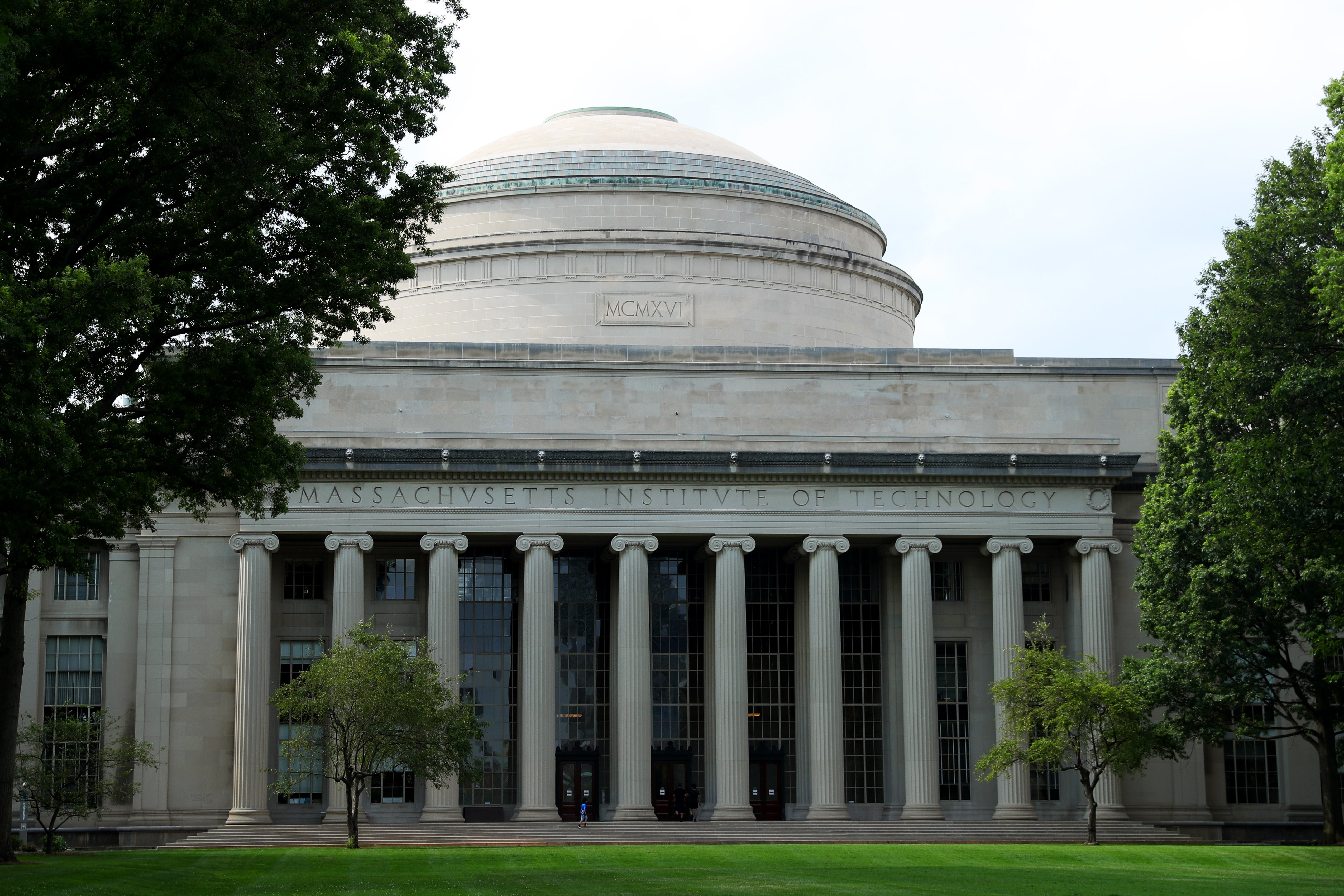‘The class is, as always, outstanding across multiple dimensions,’ MIT president said
Josh Marcus
San Francisco
The first class of incoming students at elite university MIT since last year’s Supreme Court ruling outlawing race-conscious affirmative action programs has significantly fewer Black and Hispanic students, and more Asian ones, according to newly released data on the class of 2028.
Massachusetts Institute of Technology’s Black enrollment declined from 15 to 5 percent compared with last year, while Hispanic and Latino enrollment fell from 16 to 11 percent. Asian student enrollment, meanwhile, grew from 40 to 47 percent this year.
The numbers, the first released from an elite US university since the ruling, could give indications of how the Supreme Court precedent will affect other institutions.
MIT officials celebrated the incoming class while continuing to express their support for the aim of building a diverse student body.
“The class is, as always, outstanding across multiple dimensions and will…like last year’s class, and those before it…bring us an inspiring influx of new talents, interests and viewpoints,” MIT president Sally Kornbluth said in a statement on Wednesday. “But what it does not bring, as a consequence of last year’s Supreme Court decision, is the same degree of broad racial and ethnic diversity that the MIT community has worked together to achieve over the past several decades.”
“I am convinced, from empirical data and personal experience, that the MIT education is strongest when our student body is, above a high bar of academic excellence, broadly diverse,” MIT dean of admissions and student financial services Stu Schmill told a university news page.
The shift in the incoming class’s demographics mirrors claims made in the high-profile lawsuits from Students for Fair Admissions against Harvard and the University of North Carolina that brought down the arguments.
In the suits, SFFA argued affirmative action policies were effectively discriminating against Asian American and white students.
“Every student admitted to the class of 2028 at M.I.T. will know that they were accepted only based upon their outstanding academic and extracurricular achievements, not the color of their skin,” Edward Blum, a conservative legal strategist who founded SFFA, told The New York Times.
Under the Supreme Court decision, students can still talk about how their race, ethnicity, or culture impacted their life in other parts of their application like their personal statement, but admissions officials can’t formally consider race as an explicit factor in admissions.

No comments:
Post a Comment